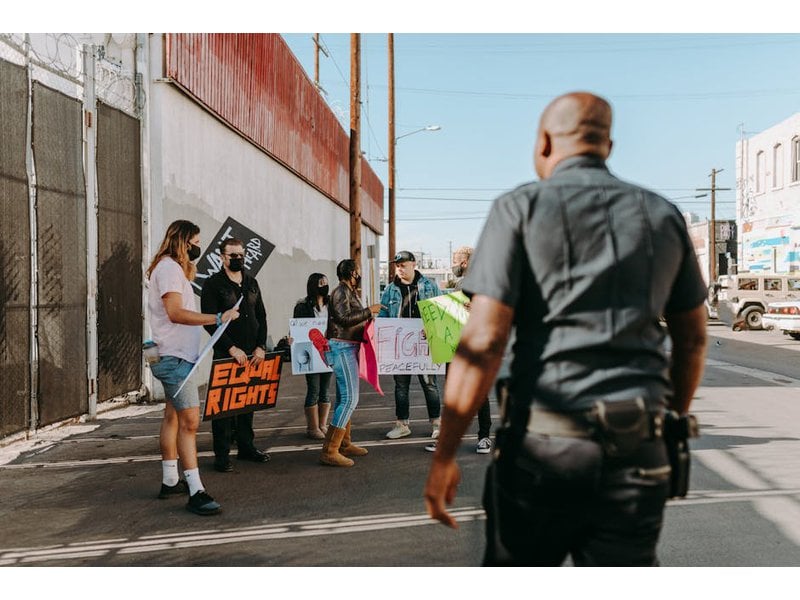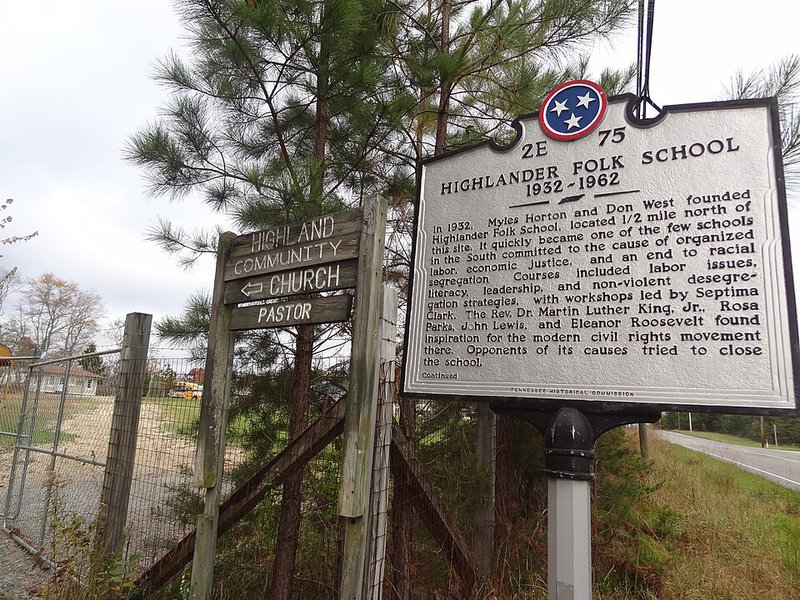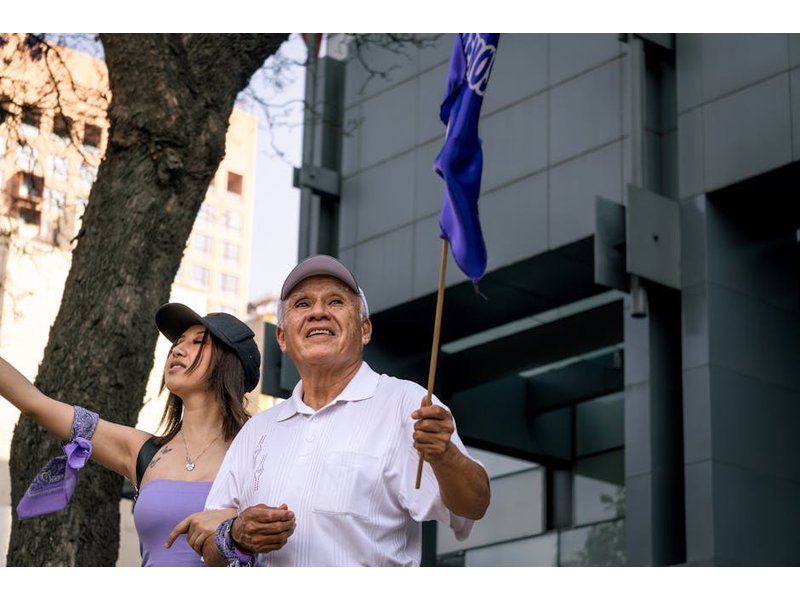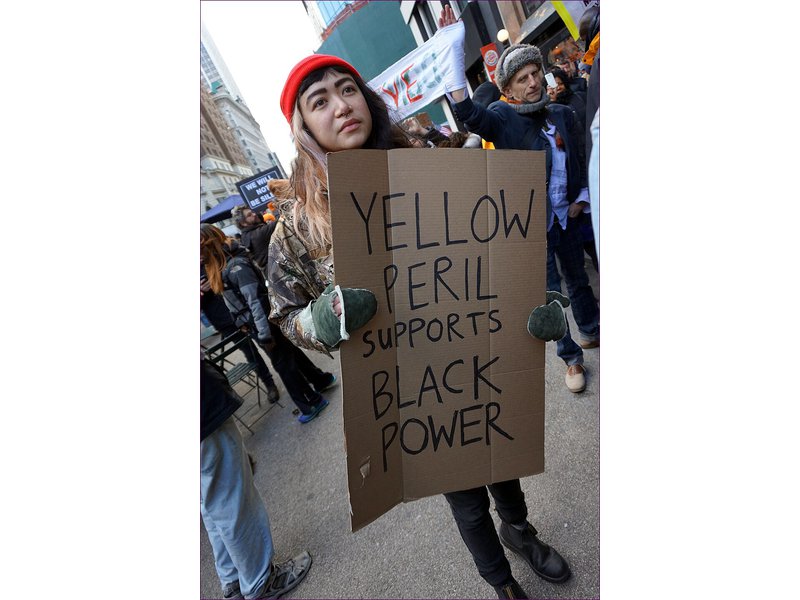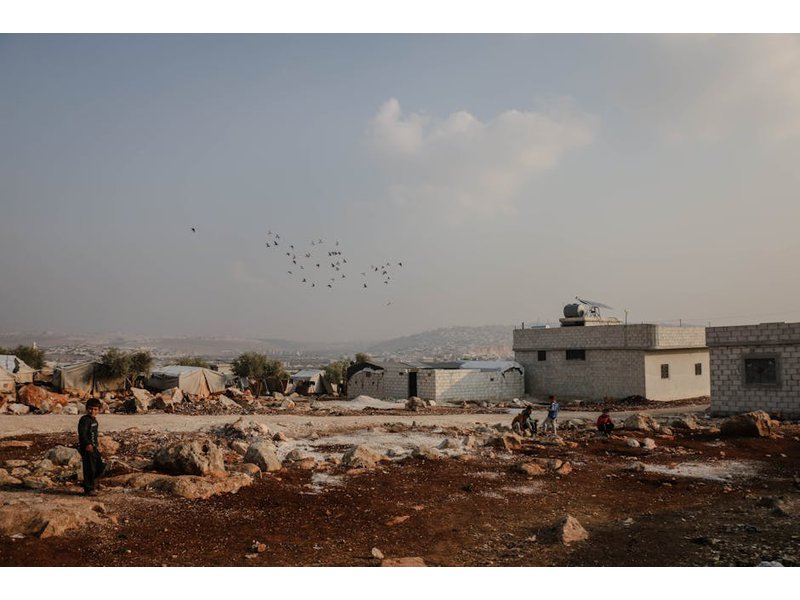127 withdrawal from governmental educational institutions
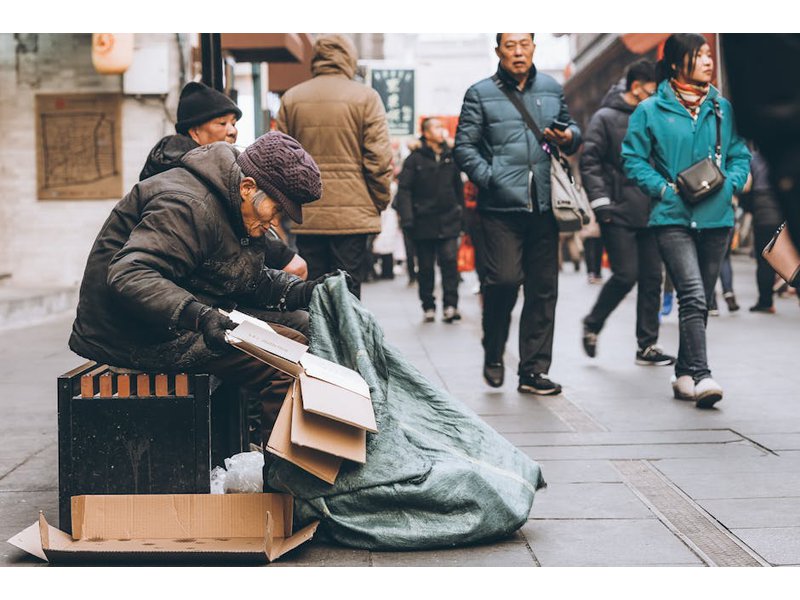
"The permanent or indefinite withdrawal of children and youths from schools owned or controlled by the government during a major campaign of resistance to that government is also a method of political noncooperation. This was done, for example, during the Indian independence struggle.67 Such withdrawal may have the fourfold effect of: 1) contributing to the establishment and growth of “national” schools and colleges independent of the established authority; 2) checking the influence of the authorities and those in educational circles still loyal to the old order, who might use their positions to seek to instill loyalty to the established regime in their pupils and students; 3) providing the resistance movement with youthful recruits who would otherwise have been occupied with studies; and 4) contributing to the general disruption of the status quo and increasing the totality of noncooperation with the government."...
High scoring campaigns using this method
Historical cases from the Nonviolent Action Database that used this method
African American residents of Chester, PA, demonstrate to end de facto segregation in public schools, 1963-1966
In November 1963, African American parents in the small city of Chester, PA organized and demanded better conditions at their local elementary school, Franklin School. They picketed the school and blocked its doors, successfully shutting it down for ...
University of Virginia community acts to reinstate ousted president, US, 2012
Teresa Sullivan took the position of President of the University of Virginia prior to the 2010-2011 school year. The Rector of the Board of Visitors (BOV), Helen Dragas, began in October 2011 to carry out a plan to remove Sullivan from office.\n\nIn ...
Cameroonian women use Anlu for social and political change, 1958-1961
In 1958 the women farmers of the Kom and Kedjom areas of the Western Grassfields, now part of modern day Cameroon, were angered by a number of changes which they interpreted as systematically decreasing the power of women farmers. These included the ...
Ecuadorians oust President Gutiérrez (Rebellion of the Forajidos), 2005
Retired Colonel Lucio Gutiérrez won the 2002 presidential elections in Ecuador after emerging as a popular ally of the poor during the years following a 2000 coup d’etat. A series of decisions followed his becoming president that increased the countr...
New York educators and community win victory against rigidity of statewide exam policy, 2001-2005
In the 1970s and 1980s, Deborah Meier and Ted Sizer began an initiative towards innovative structural and curricular educational reforms in New York. By the 1990s, 28 alternative high schools had begun using portfolios of Performance-Based Assessment...
Sarasotan Students' school boycott stops neighborhood schools from closing, Florida, United States, 1969
Before Booker Grammar School, Sarasota’s first Black public school, was established in 1925, Black students received their education at home or in churches. The establishment of three other schools for Black students -- Amaryllis Park for first throu...
Finns resist Russification, end conscription, regain elections, 1898-1905
For much of the nineteenth century, Finland was under Russian rule. This began in 1809 when Finland was made part of the Russian Empire. As part of the Russian Empire, Finland was autonomous in domestic policy but not foreign policy. Finland was allo...
South African students demand zero percent fee increase #Feesmustfall 2016
On 14 October 2015, student protests began at the University of Witwatersrand in response to an announcement by the university board that there would be a 10.5% increase in tuition fees. On 15 October, students barricaded the gates of the university....
Rio de Janeiro residents protest World Cup and Olympics 2011-2016
The city of Rio de Janeiro is home to 6 million people with approximately 1.5 million residents living in favelas. These residential communities, named after the favela trees native to the region, are commonly misunderstood by outsiders. Although 32%...
Mau opposition to New Zealand rule in Samoa, 1927-1933
The Samoan archipelago, located in the southwest of the Pacific Ocean, is comprised of six main islands and several smaller ones. Prior to World War I, Germany and the United States occupied most of the Samoan Islands. During WWI, New Zealand, upon a...
Low scoring campaigns using this method
Historical cases from the Nonviolent Action Database that used this method
Black South Africans boycott Bantu education system, 1954-1955
In 1953 the South African Government passed the Bantu Education Act into law. This act gave the South African government the power to structure the education of Native South African children, separate from White South African children. This law was i...
Palestinians wage nonviolent campaign during First Intifada, 1987-1988
EDITOR'S NOTE: Regarding the First Intifada as "nonviolent" is controversial because of the violence that accompanied the campaign. Aden Tedla's narrative does not try to hide the violent dimension. Three considerations lead us to include the case in...
